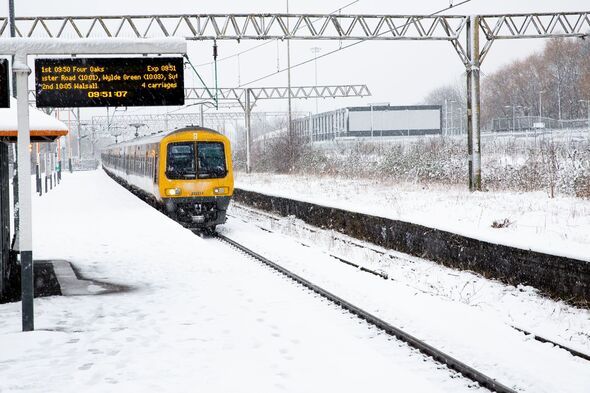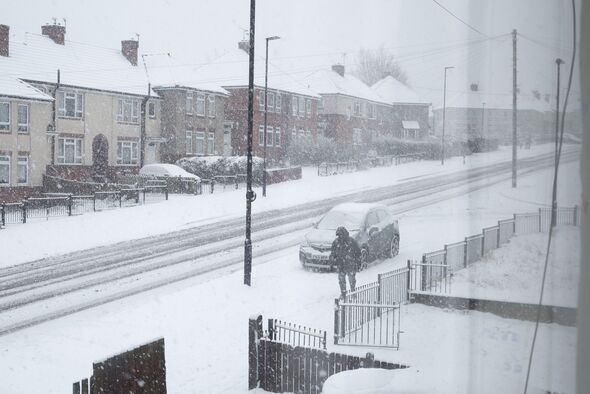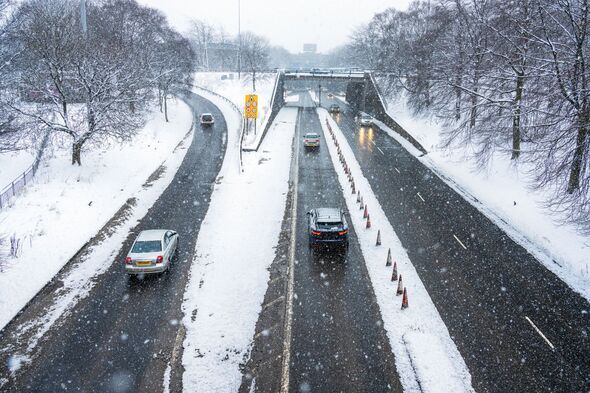

When causes disruption across , often wonder if they can skip the office and have a much-needed day off.
The answer depends on company policy, your contract and the impact on your ability to commute.
Employers are not legally required to pay staff who cannot make it to work due to bad weather, according to the . If your workplace is open and you cannot attend, your employer can treat the day as unpaid leave.
However, some companies may allow staff to use annual leave or make up missed hours later. Working from home might also be an option if agreed with your employer.
suggests employees talk to their managers about flexible arrangements, such as remote work or taking leave, if snow disrupts .

However, employees who want to use annual leave must give notice of at least twice the length of time off required. For example, two days' notice is needed for one day of annual leave.
If your workplace closes due to snow, employers usually cannot deduct pay unless your contract states otherwise. You might be asked to work from home or a different location instead.
Employees with children can take unpaid time off if school closures leave them without childcare. This falls under the right to emergency leave for dependents.
For those considering walking to work when driving is unsafe, what's reasonable depends on individual circumstances.

If walking is not feasible or safe, your employer cannot force you to attend. Still, you may not get paid if you don't show up. This also applies if train services are cancelled or it's simply too dangerous to drive.
Acas recommends checking your contract or company policies for any provisions about adverse weather.
Planning ahead and discussing alternatives with your employer can also help avoid confusion or pay disputes.
Extreme weather can cause significant travel issues, but it doesn't automatically mean a day off.